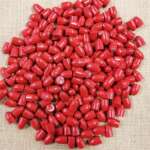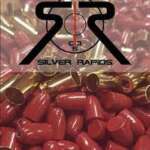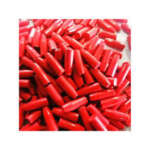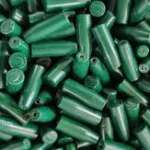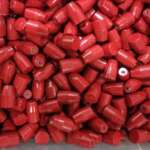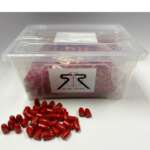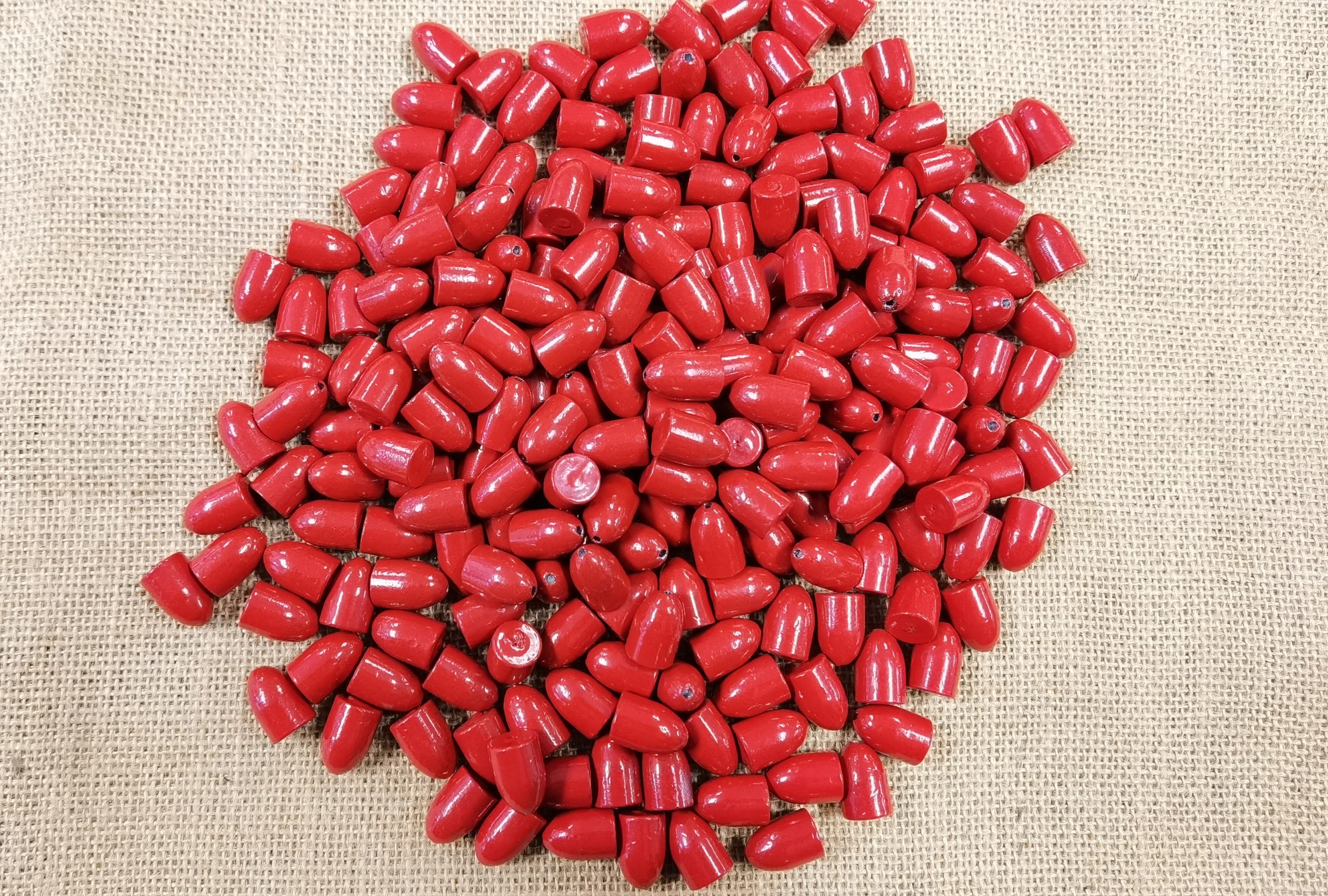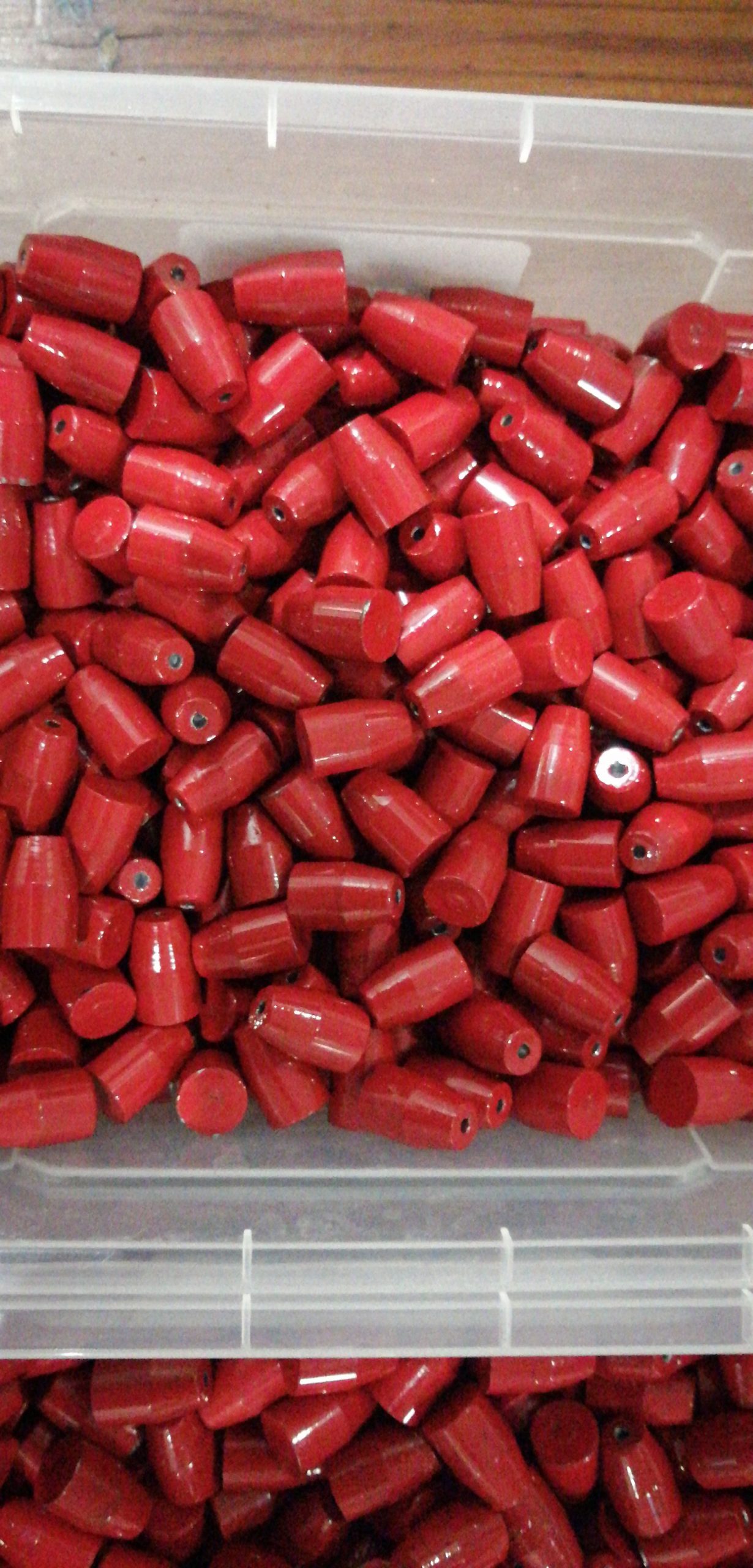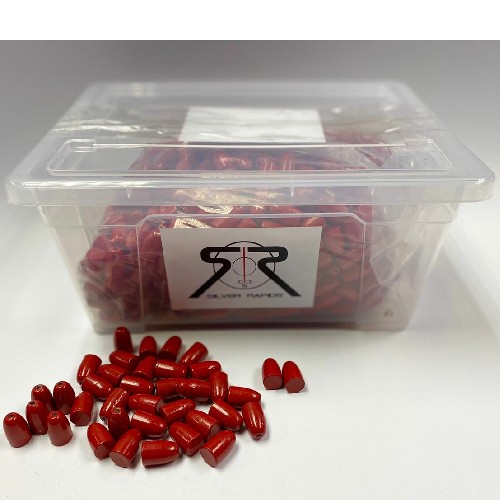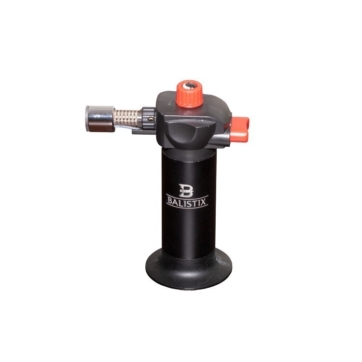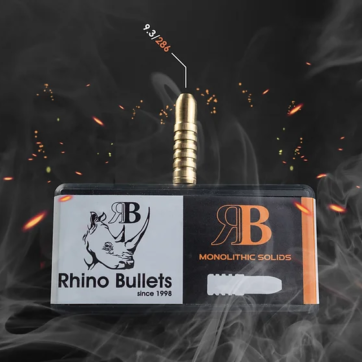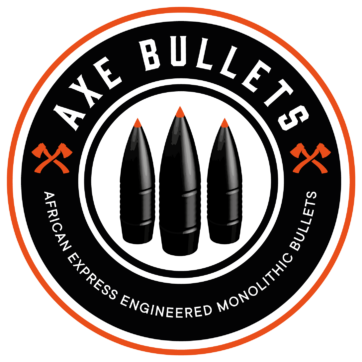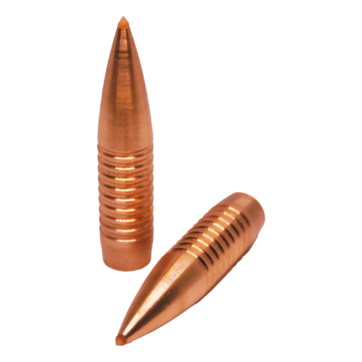Description
Description
Silver Rapids 147gr 250 in Box
These Cast Lead bullets have a strong polypropylene coating over them which reduces fouling of the bore and has no abrasive particles. Lead hardness of these bullets are 14 BHN (Brinell Hardness Number) while the copper jacket of conventional CMJ bullets are around 300 BHN. Ultimately, these bullets save you money and less harsh on your bore.
Powder Coated Bullets: A Cost-Effective Option for Reloading
In an era marked by constant price hikes and economic challenges, both dedicated and occasional sports shooters are seeking ways to save on reloading components. For South African shooters, transitioning from traditional lead cast bullets to conventional CMJ (Complete Metal Jacket) and FMJ (Full Metal Jacket) bullets was a logical step due to various advantages. Lead cast bullets often necessitated lube grooves to prevent excessive lead fouling in the bore, resulting in unpleasant odors and smoke in indoor shooting ranges. However, many reloaders still favor lead cast bullets for their affordability.
This article explores the emergence of a new era in bullet technology for South Africans: powder coated bullets (PC). While Americans have been using PC bullets for years, South Africa has seen a growing interest among private individuals casting and powder coating their own bullets, as well as established bulk manufacturers distributing them to gun stores and online retailers.
What are powder coated bullets?
Powder coated bullets are lead casts coated with a polymer jacket. The coating process can be done using the “shake n’ bake” method or by spraying the polymer and bonding it to the bullet with heat. This polymer coating serves as a substitute for traditional copper or copper alloy plating and is produced by both commercial manufacturers and private individuals.
Advantages of powder coated bullets:
- Economical – A cost-effective option for shooters.
- Cleaner – Minimizes lead fouling and smoke production during shooting.
- Customization – Reloaders can use different colors to distinguish loads.
- Accuracy – Powder coated bullets have demonstrated excellent performance.
How to Load Powder Coated Bullets:
Loading powder coated bullets is similar to loading conventional plated bullets. Here are the basic steps for loading PC bullets, assuming the use of a single-stage press and the brass cases have already been resized and deprimed:
- Obtain load data for bullets of the same weight as your PC bullets from your reloading manual.
- Apply flare or bell the case mouth to prevent damage to the coating during bullet seating.
- Insert a new primer into the case.
- Charge the brass case with the appropriate powder load.
- Seat the bullet with a light taper crimp; avoid over-crimping PC bullets.
It’s essential to consult load data specific to your chosen powder to ensure safe loading practices.
In conclusion, powder coated bullets offer a cleaner and more affordable alternative for shooters, eliminating many of the issues associated with lead cast bullets. Once you find the right load for your firearm and fine-tune the reloading process, you may find it hard to go back to conventional plated bullets. The cost savings make reloading a rewarding endeavor, allowing you to shoot more without breaking the bank. Future articles will delve deeper into various aspects of the reloading process, including case preparation, priming, case gauging, and testing loads. Keep an eye out for upcoming posts with pictures and video links to enhance your reloading knowledge and experience. Feel free to share your experiences and preferences with the Silver Rapids 125gr BPJ Bullets in the comments section, and subscribe to our newsletter for weekly updates and promotions.

